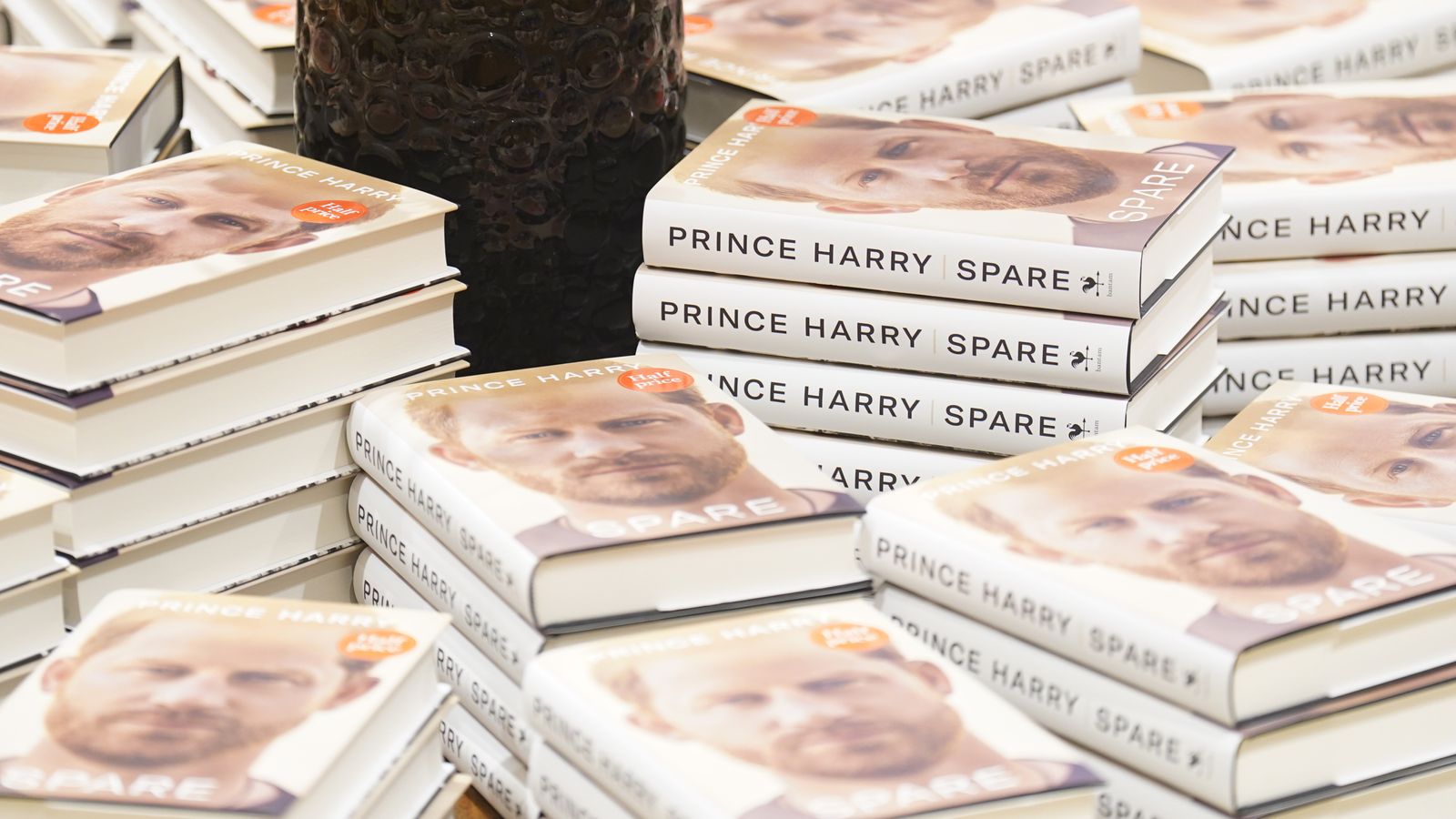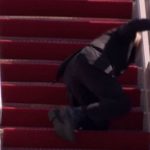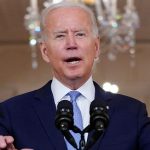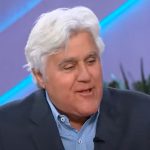In a stroke of legal coincidence, Prince Harry will be the subject of a court case in America on the same day he is due to appear in London’s High Court.
Lawyers are due in a federal courtroom in Washington DC to demand the US government release the Duke of Sussex’s US visa application form, a move which could result in his removal from the country.
The case hinges on how the Duke of Sussex answered questions about drug-taking on his US visa form when he applied for a visa allowing him to move to America in March 2020.
An American conservative political research group, the Heritage Foundation, has filed a lawsuit against America’s Department for Homeland Security (DHS) to establish if the correct rules were followed in granting the duke his visa.
In his Netflix series and in his memoir, Spare, Prince Harry admitted to having used cocaine, marijuana and magic mushrooms.
Under US law, admission of, or evidence of past drug use, can be grounds to reject a visa application.
Lawyers for the Heritage Foundation point to two key questions in the US DS160 visa form.
The first asks: “Have you ever been a drug abuser or addict?”
The second asks: “Have you ever violated, or engaged in a conspiracy to violate, any law relating to controlled substances?”
Read more:
Prince Harry accused of wasting High Court’s time
Analysis: Prince Harry has score to settle in High Court appearance
Please use Chrome browser for a more accessible video player
‘There’s a real serious question as to whether or not he should have been admitted’
Speaking to Sky News ahead of the court hearing, the counsel for the Heritage Foundation, Sam Dewey said: “The government has taken the position that ‘there’s nothing to see here’.
“We’ve taken the position that no, if you look through all the details of his admissions, you look at the drug laws, you look at the laws on admissions, there’s a real serious question as to whether or not he should have been admitted.”
He continued: “The alternative, if he didn’t disclose the drug use – then there’s a very serious question as to whether or not proceedings should have begun against him for that.”
Speaking on behalf of his client, Mr Dewey said the Heritage Foundation’s case was overwhelmingly in the public interest and based on a wider suspicion that the DHS is not acting according to procedure when granting visas.
US correspondent
The Heritage Foundation is a conservative American think tank which, on many issues, holds the Biden administration to account.
One strand of that has been to question the work of the DHS.
It has written plenty of papers on the DHS’s work including on the issues of visas and immigration.
Prince Harry has provided the foundation with a perfect case study with which it hopes to argue that the DHS is not following procedure.
By admitting publicly that he has taken drugs, and that he found them to be a helpful “coping mechanism”, the prince has allowed them to question why he was granted a visa.
They want the process through which he applied for and was granted a visa to unsealed “in the public interest”.
The US government has been accused of applying double standards and turning a blind eye on visa applications before now.
But the think tank has also published its own critiques of the prince.
Last month, Nile Gardner, the foundation’s director of the Margaret Thatcher Centre for Freedom, wrote: “The Harry and Meghan saga is a modern-day tragedy, a tale of narcissism, hubris and outright greed.
“It’s a sad demise for a once-loved couple who have spectacularly burned bridges on both sides of the Atlantic while pursuing a disastrous vendetta.”
In Prince Harry, the plaintiffs in this case have found a man who fits their motivation politically and beyond.
Lawyers point to other celebrities who had visas denied for previous drug use
Prince Harry’s visa application is the most recent and most high-profile example of the process being called into question.
Mr Dewey said: “We view it as a very serious question – why he’s let in, no problem, given everything that we know [about his drug use] which we’ve explained in detail, and others aren’t let in.”
As part of the evidence for the case, Heritage Foundation lawyers point to other celebrities including the celebrity chef Nigella Lawson and musician Pete Doherty who have in the past been denied visas, or had the process delayed, for previous drug use.
In 2010, Doherty was allowed to fly to the US and arrived at JFK airport in New York before he was sent back home on the next flight. Doherty has a string of drug convictions.
In 2013, Lawson confessed in her divorce court proceedings that she had taken cocaine and marijuana. The following year she was prevented from boarding a flight to Los Angeles, California. After a long process, she was eventually granted a visa.
Judge will rule on whether it is in public interest to release prince’s application form
Nile Gardiner, director of the Margaret Thatcher Centre for Freedom at the Heritage Foundation, said: “Did DHS in fact look the other way, play favourites, or fail to appropriately respond to any potential false statements by Prince Harry?”
The hearing could last weeks.
It will begin with a ruling by the judge as to whether the US Customs and Border Protection Agency must accelerate its work to determine what records they hold of the visa application.
Ultimately the judge must rule on whether it is in the public interest to release the prince’s application form, or parts of it.
The public will then find out if he either lied and claimed he had never taken drugs, or he admitted taking them and the US government allowed him in anyway.






















